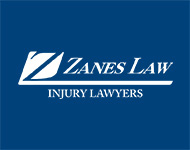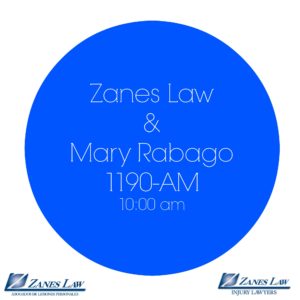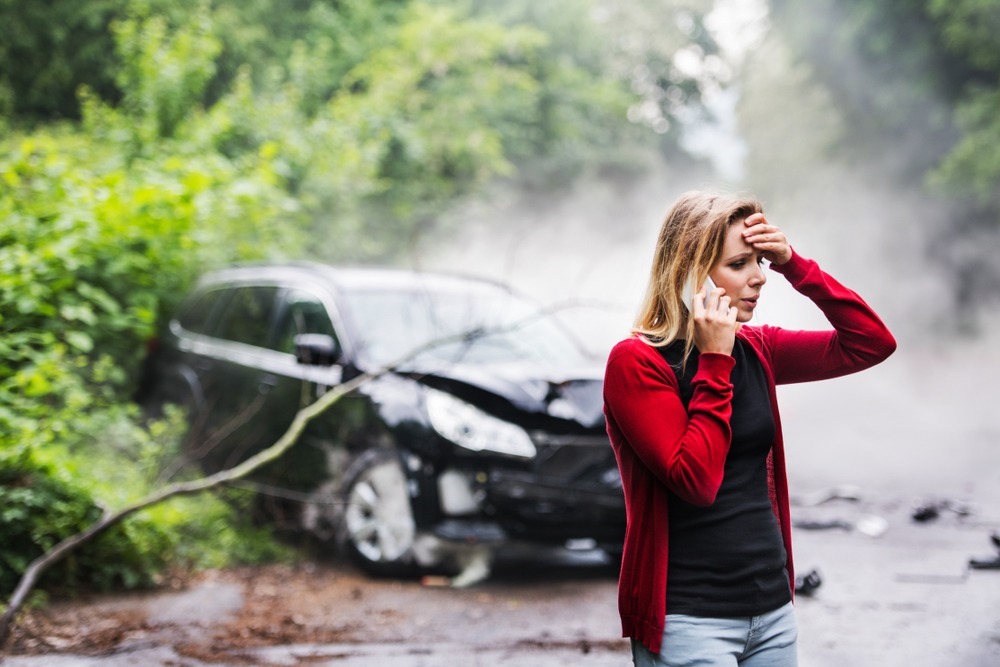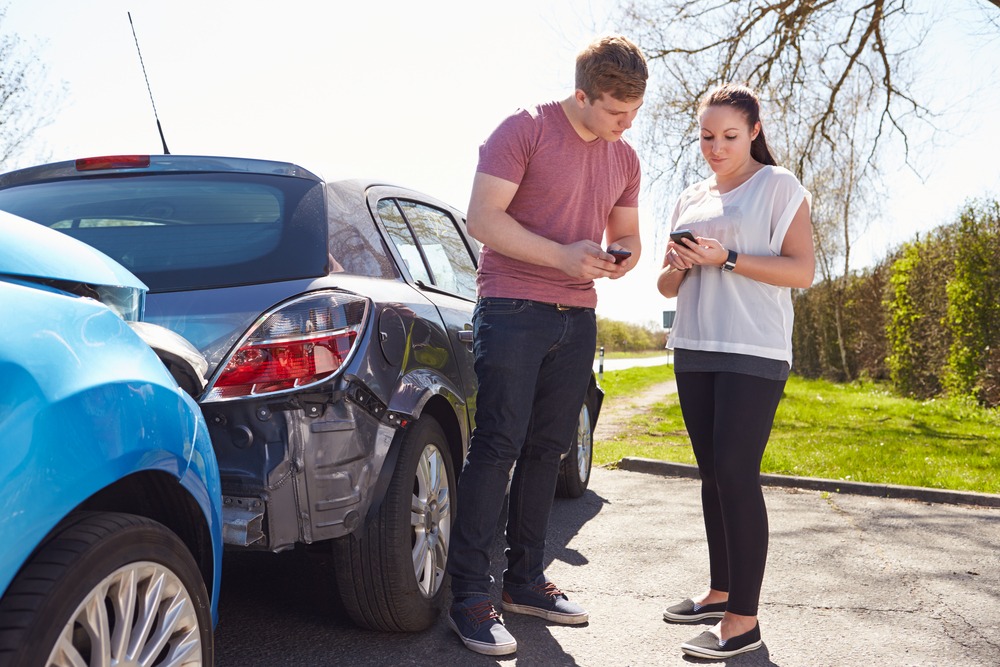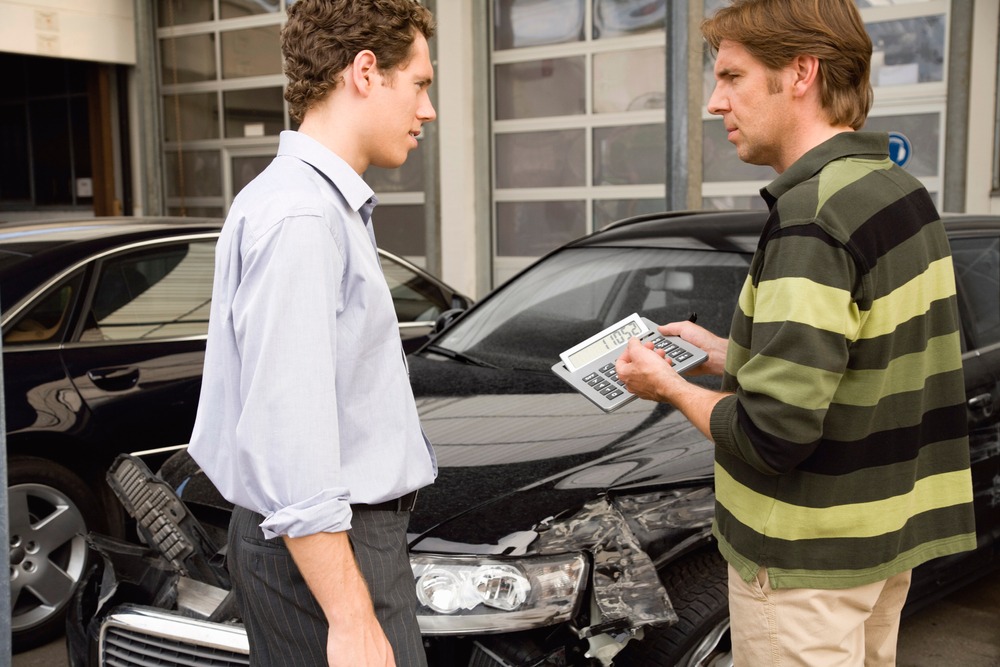How Dash Cams Can Impact Your Accident Claim
August 6, 2020
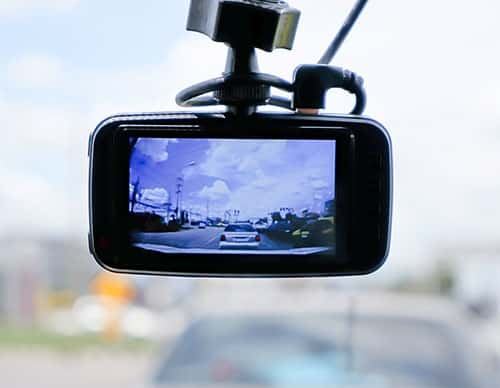
Often when people are involved in a car crash, they wish that they had video evidence of the incident in order to back their claims. For this reason, many people are now using small dashboard cameras (“dash cams”). Although the price points vary greatly, many feel that the cost of not having one could be much more significant.
The footage from these cameras is commonly leveraged during personal injury lawsuits. While dash cams are legal in Arizona, they must be properly mounted to your car’s dashboard or windshield. Depending upon the model, some dash cams will simply record what happens in front of the vehicle while the car is in gear, while others offer rear-facing video and even interior audio and video.
While these cameras can be extremely useful in the event that another driver is at fault in an accident, they will also capture what has occurred when you are the one at fault. Insurance companies can get a court order to obtain the dash cam footage to prove a case against you.
Are Dash Cams Worth It?
While some people are buying these cameras to help avoid accidents, others purchase them as a tool to help them should they need to file an accident claim.
Although some new vehicles have built-in dash cams, it’s likely that in the future as demand continues to grow, these cameras will come standard in every car and truck.
If your dash cam video is date- and time-stamped on the image or in the metadata, it is extremely difficult to argue with the footage itself. Unfortunately, if the footage is too dark, grainy, or difficult to properly rely upon, its evidentiary value will almost certainly decline.
For a free legal consultation, call (866) 499-8989
Impact on Insurance Claims
When you have clear dash cam footage, the insurance company will likely take into consideration how the video (and when available, audio) will sway a jury when it comes time to accept or deny liability. It will also likely have an impact on the amount of the company’s settlement offer.
It’s important to remember that in a situation in which your case goes to trial, in order for the video footage to be seen by a jury, you must prove to the judge that the video accurately shows what occurred at the time of the accident. This means that a judge is likely to watch the footage before allowing a jury to view it as it could have a significant impact on the outcome of the case.
What Can You Do?
If you or a loved one has been injured in a car accident, contact Zanes Law to discuss how we could help you combat your financial hurdles.
Call or text (866) 499-8989 or complete a
Free Case Evaluation form


